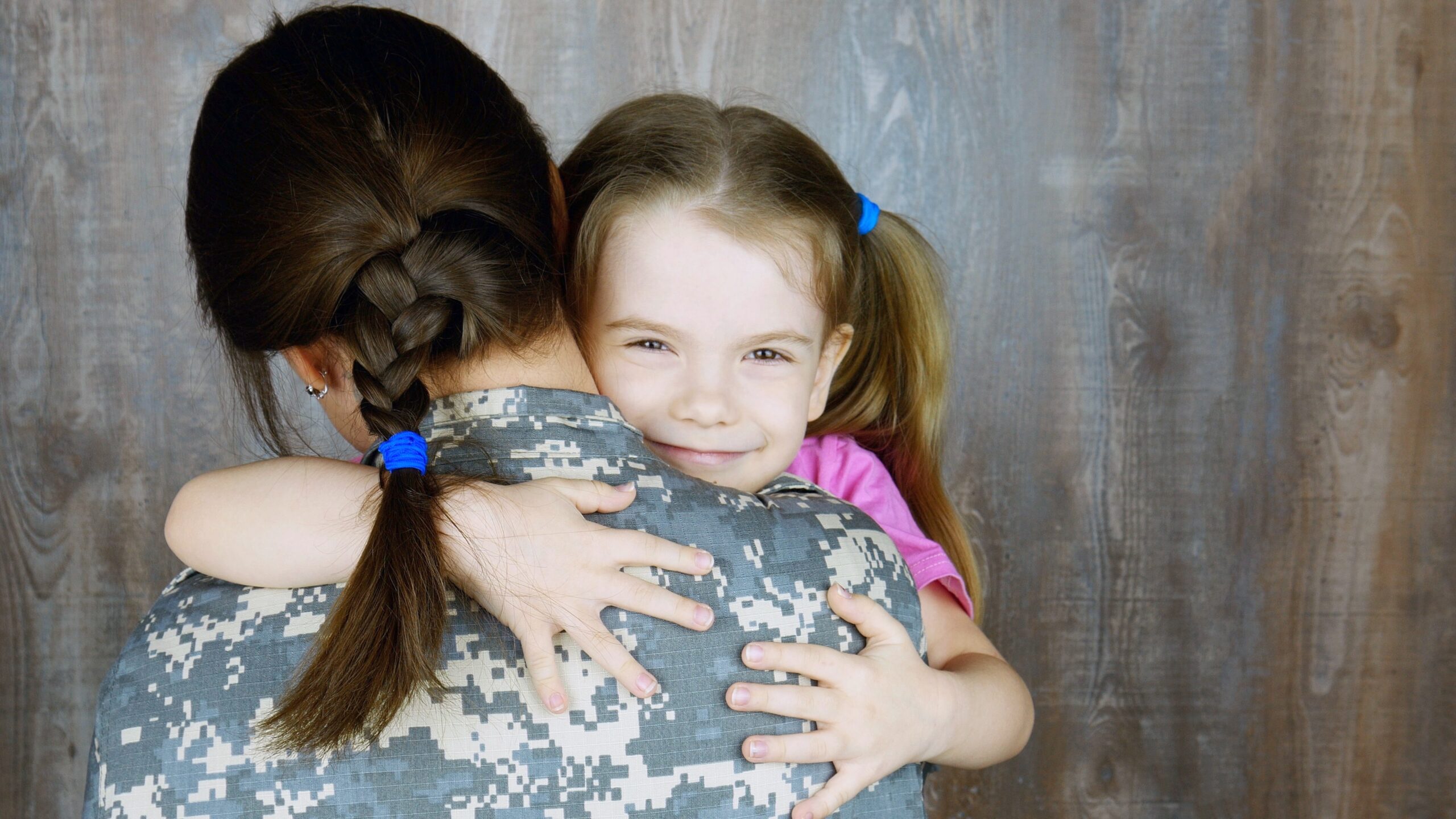Modern life is busy. As adults we are often juggling many responsibilities and trying to meet many people’s needs. The world is a big and scary place to a small child, however, and they often react to small issues with big emotions which we then have to take the time to deal with. In our busy lives it is very tempting to shut an outburst down with a simple “Don’t be silly”, or “It’s not a big deal, just stop”. The problem is that if these types of responses become the norm, it can lead to chronic invalidation of a child’s emotions, which can have negative effects that last a lifetime. In an effort to provide for our child’s physical needs, we may inadvertently neglect their equally important emotional needs.
Responding to a child’s emotional needs teaches them that their feelings are valid and can help them learn valuable life skills to manage their own emotions. Many parents were not taught these skills themselves, however, which can lead to multi-generational perpetuating of behaviours that impact emotional development and can restrict the potential to lead full and satisfying lives. These children grow into adults plagued with self-doubt, low self esteem and lack of confidence that can affect everything from the relationships they engage into the career paths they choose. Sometimes these children grow into adults who outwardly appear to be a picture of ultimate success, but in fact lack any ability to feel satisfied or fulfilled.
When a parent chronically fails to effectively respond to a child’s emotional needs, that child is at risk of growing into an adult that experiences the following:
In order to adequately respond to your child’s emotional needs it is important to see the child as a valid and valuable individual, not as an extension of yourself, a possession or a burden. It is important to take the time to connect emotionally with the child and pay attention to the child’s emotional needs and respond effectively. Depending on your own upbringing and life experiences, this may require you to do some healing of your own inner child. While this may be at times confronting and difficult, it is also a worthwhile investment into not only your own wellbeing, but the future and wellbeing of your child and their children.
Photo by Bermix Studio on Unsplash
